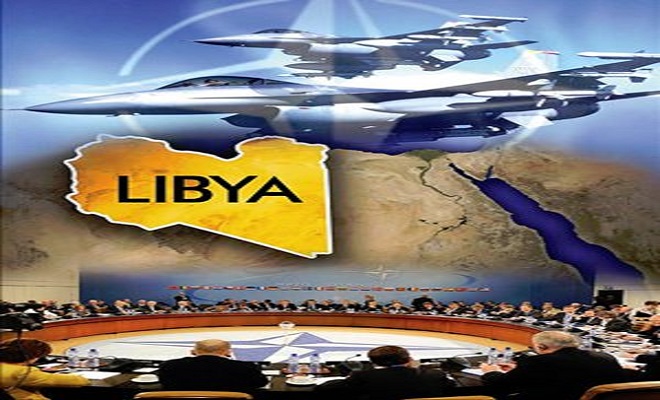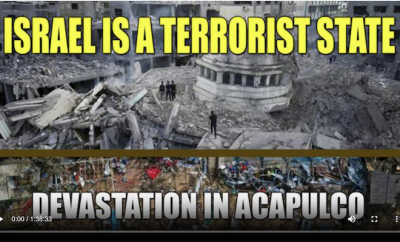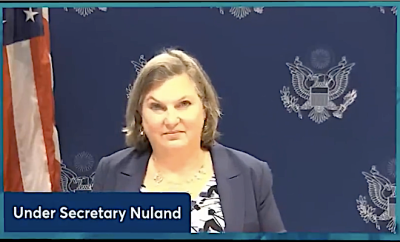 Global Research
Global Research
Featured
Global NATO Interventionism: The Disaster in Libya
by Greg Shupak, via Global Research.com:
The title of Horace Campbell’s book on NATO’s 2011 Libyan intervention, Global NATO and the Catastrophic Failure in Libya, is an allusion to a Guardian article by Seumas Milne entitled, “If the Libyan war was about saving lives, it was a catastrophic failure.” Echoing Milne’s use of “catastrophic” is apt. Claudia Gazzini of the liberal NGO International Crisis Group points out that, if the casualty figures provided by Libya’s National Transitional Council are accurate, “the death toll subsequent to the seven-month NATO intervention was at least ten times greater than the tally of those killed in the first few weeks of the conflict” before NATO intervened. As Campbell shows, while NATO claimed to be protecting human rights, it bombed Libyan civilians and enabled the Libyan opposition to persecute black African migrant workers and ethnically cleanse the black Libyan town of Tawergha. Less than four years after NATO attacked Libya, Bernadino Leon, the United Nation’s special envoy to Libya, saysthe country is “close to the point of no return.”
Perhaps as many as two million Libyan refugees have fled to Tunisia, though the exact figure is in dispute. In November, militants claiming affiliation with ISIS secured control of the Libyan city of Derna, where they have carried out public executions and assassinated activists.
Nicholas Pelham reports that almost all of the exiles who returned to Libya after the overthrow of the government have left; that more would have left had European consulates remained open; that warlords have taken power in several parts of the country; that “a once relatively homogenous society has splintered into multiple bickering armed groups”; that separatism has gained traction in Cyrenaica, which has just a third of Libya’s population but two thirds of its oil fields, most of its aquifers, and the country’s gold mines; that cafes and power stations have been burned; that embassies and assorted other targets have been car-bombed; and that airports have been attacked. Tripoli’s population, Pelham writes, is “distraught,” and Libyans “feel even more isolated than when the UN imposed sanctions on [Muammar] Gaddafi.”
At the time of writing, negotiations are underway to end an ongoing civil war. There are two rival seats of government, each with its own institutions. One is the Tripoli-based General National Congress (GNC), which was set up when the capital was seized by Libya Dawn after it did badly in parliamentary elections.
Read More @ Global Research.com












